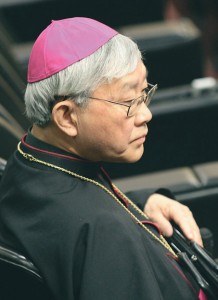
Cardinal Joseph Zen Ze-kuin. This photo was taken when he was a bishop, so he wears a bishop’s purple hat.
For the past decade, Joseph Zen Ze-kiun, the sixth Chinese cardinal in the history of the Church, has been a fearless defender of the Church in Hong Kong and mainland China.
As the People’s Republic of China has emerged as one of the world’s main economic and political powers, many leaders in the East and the West have chosen the path of appeasement with Beijing for economic, political or other advantage, and avoided raising the question of fundamental human rights and freedoms, including the freedom of the Church. Cardinal Zen is not one of them.
Ever since becoming bishop of Hong Kong in 2002, he has not hesitated to challenge the Chinese authorities whenever he perceived they were failing to respect democratic and civil freedoms in Hong Kong, or religious freedom in China. Because of this noble courage in the face of power, we honor him as one of our “Top Ten” people of 2011.
Born into a Catholic family in Shanghai on January 13, 1932, Zen is turning 80 in this month of January, 2012.
He joined the Salesian order, 1944, and moved from Shanghai to Hong Kong in 1948 before the Communists came to power. He was sent to study in Italy, and was ordained priest in Turin, 1961. He went onto do higher studies at the Salesian University, Rome, where he obtained his doctorate in philosophy in 1964.
After returning to Hong Kong, he taught philosophy at the Salesian House of Studies, and both theology and philosophy at the Holy Spirit Seminary. Today, as he turns 80, he still teaches philosophy in the seminary.
Ever attentive to the political developments and the situation of the Catholic Church in the land of his birth, from 1978-83, he served as head of the China Province of the Salesian Order.
From 1989 to 1996, Zen spent six months of every year teaching in mainland seminaries and got to know many mainland bishops, priests and seminarians. He gained an important insight into, and understanding of, the religious and political situation in China.
This work came to an end in 1996 when John Paul II named him co-adjutor bishop of Hong Kong and, in September 2002, named him head of the diocese following the death of Cardinal John Baptist Wu. For his defense of democratic freedoms and human rights, in 2002, Apple Daily, Hong Kong’s pro-democracy newspaper, named him “Man of the Year.”
Indeed, ever since becoming bishop, he has taken a stance for such rights. He fought for the right of abode in the former-British colony of children born in the mainland of Hong Kong residents. In 2003, he was one of the leading opponents to a proposed anti-subversion law that would have endangered democratic freedoms. When 500,000 people marched against the proposed legislation, the Government withdrew it. In 2004, he again came out in support of democratic freedoms the government was seeking to restrict, and from 2005 to 2011 he led the Church’s battle in the courts to ensure that Catholics could continue to manage their own schools. When the Church lost that battle last October, Zen, then 79, went on a 3-day hunger strike to protest the Court of Final Appeal’s decision.
Ever concerned about the difficult situation of the Catholic Church in the mainland where, he once remarked, “our bishops are slaves,” the fearless Zen became the most vocal and charismatic advocate for religious freedom for the Catholics of mainland China.
Pope Benedict strongly supported him and made Zen a cardinal in February 2006. Zen rejoiced when the Pope later created a special Commission to monitor and advise him on the situation of the Church in China, and published his landmark Letter to Catholics on the mainland.
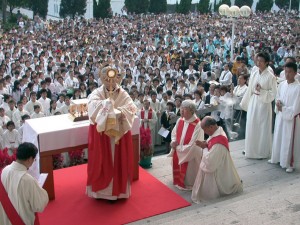
Zen offers a eucharistic blessing during adoration following a solemn Mass at the Hong Kong Coliseum (CNS photo)
Since then, Zen has made a major contribution to the work of that Commission. He has also strongly defended the “clandestine” (underground) Catholic community in China, which refuses to be controlled by the Government. He has spoken out forcefully against the ordination of bishops in the mainland without the Pope’s approval, and has urged China’s bishops to give heroic witness to their faith and to their communion with the Pope.
He has called on Beijing to release two elderly bishops and many (over 30) priests it has detained, and demanded that it tell the Chinese people the truth about what happened in Tiananmen Square.
More than any other Catholic Church leader, he has drawn the world’s attention to these and other serious violations of religious liberty and human rights in China.
Attacked by Beijing and its controlled media for his insistence on religious liberty and democratic rights, and criticized by some in the Church for his confrontational attitude toward Beijing, this inspiring and courageous cardinal refuses to remain silent and insists that it is only by granting its citizens freedom — both religious and civil — that China can become truly great, and be a force for good in the world.

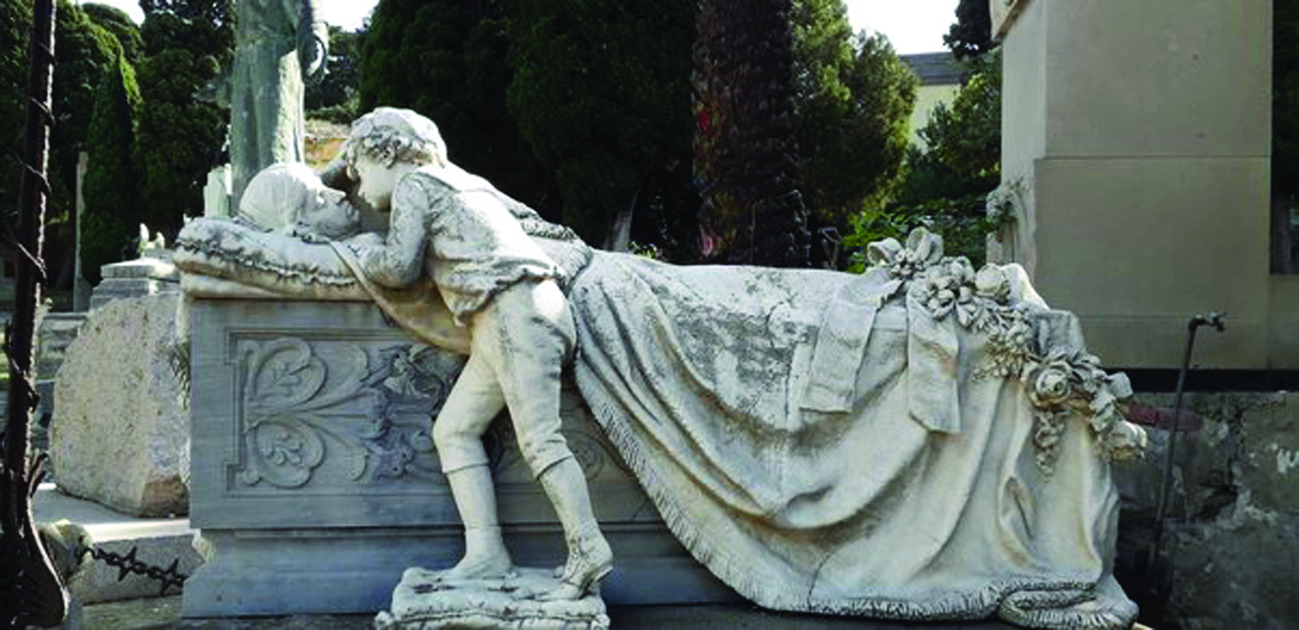
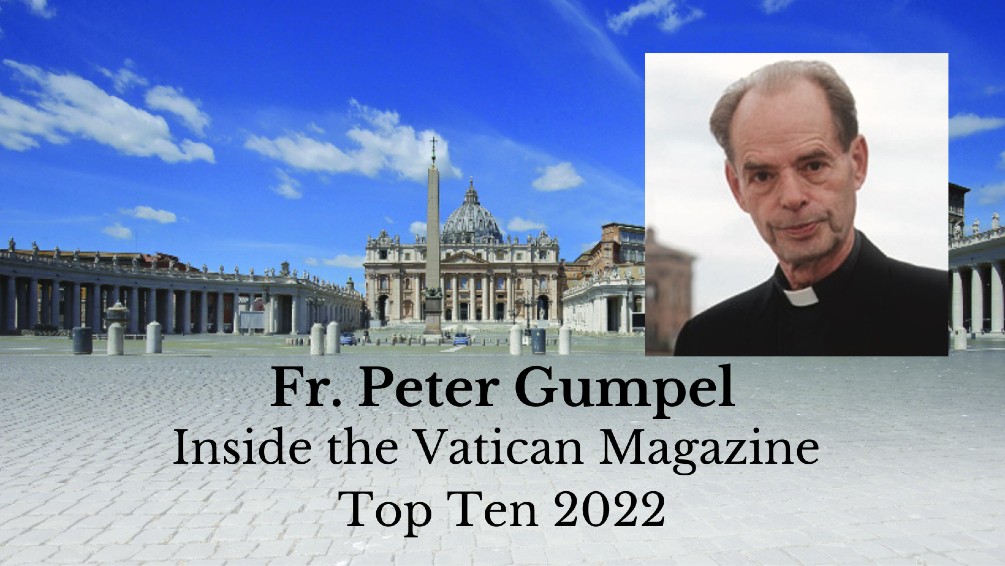
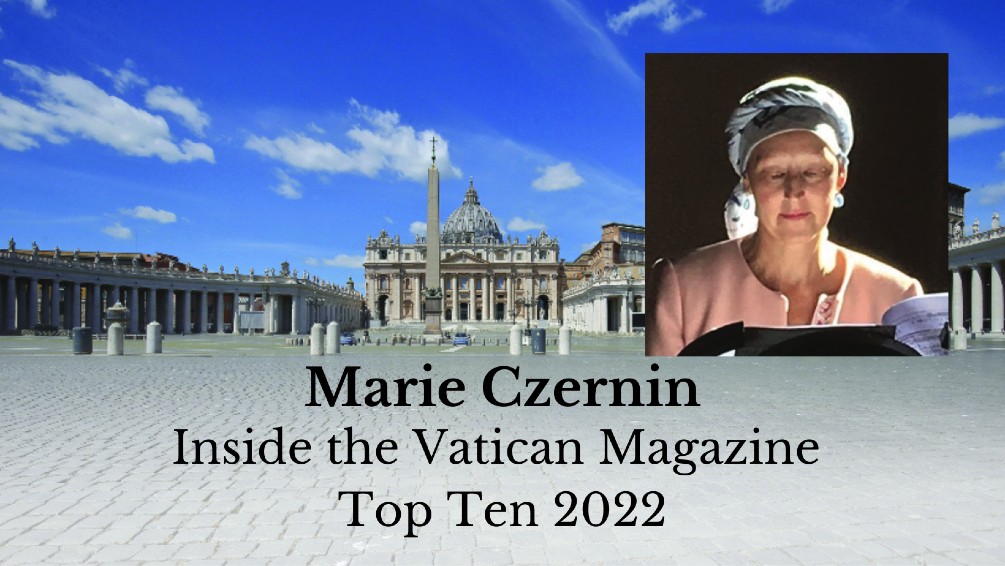
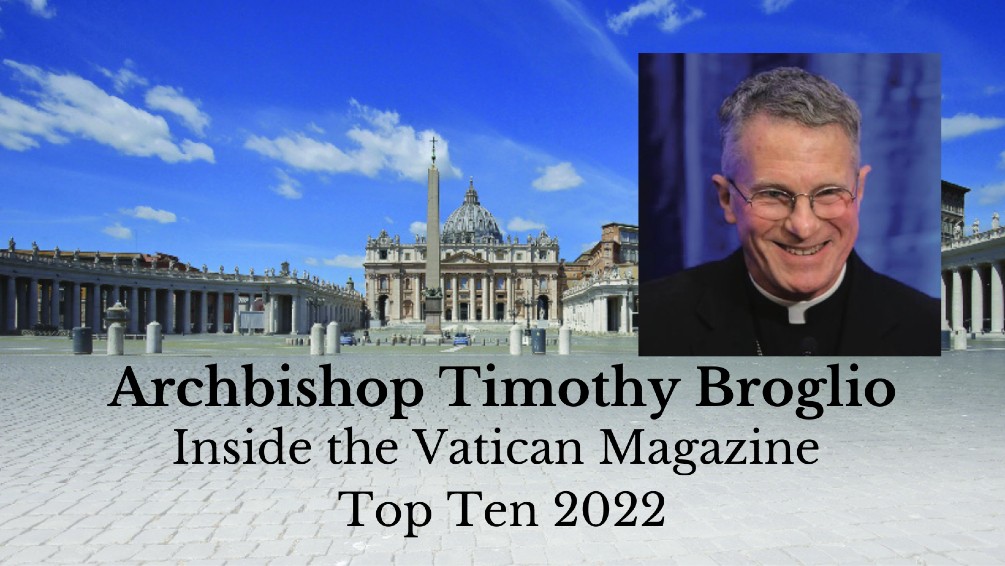
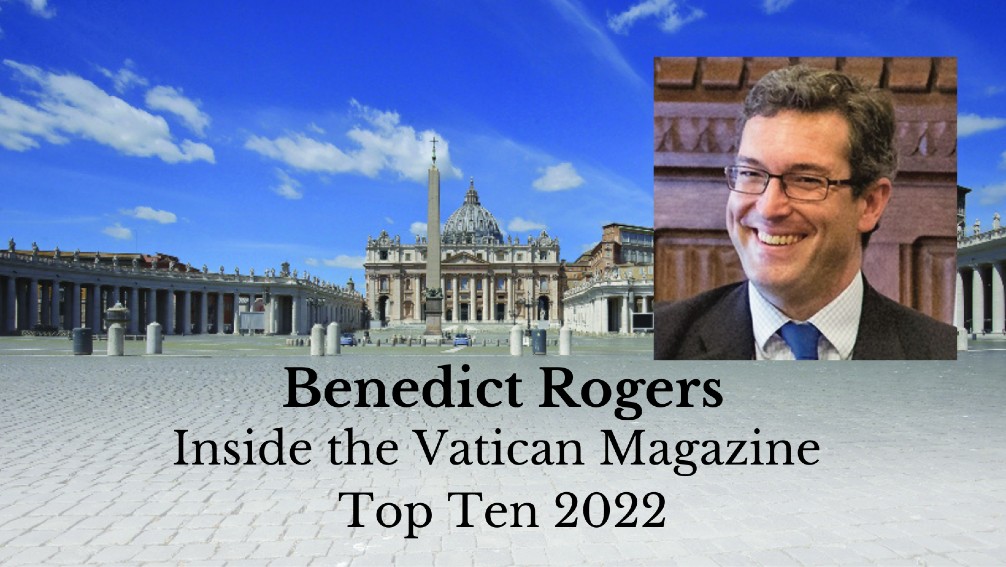
Facebook Comments